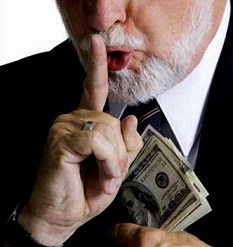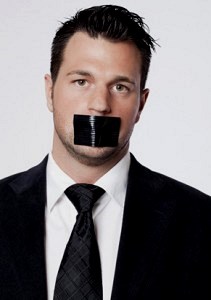
Re Dewberry estate 2023 BCSC 325 reviewed the law that executors should not self deal with estate assets.
An executor or administrator owes a fiduciary’s duty of loyalty to the beneficiaries, and the well-settled general rule is that a trustee cannot purchase trust property. This rule against self dealing reflects the duty of loyalty: a use of the fiduciary power to dispose of trust property to the trustee is an obvious conflict of interest. See National Trust Co. Ltd. v. Osadchuk, [1943] S.C.R. 89 at 91-92; Re Nathanson (1971), 18 D.L.R. (3d) 495 at 502 (N.S.S.C.(T.D.)); Waters’ Law of Trusts in Canada, 5th ed., at p. 1018.
The general rule may give way if all beneficiaries are of full capacity and they give fully informed consent to the proposed self-dealing: Waters’ Law of Trusts, at p. 1020. Court approval is another available form of authorization. Ms. Dewberry is an in-person litigant, and her notice of application does not specify the authority on which the Court may act. I am satisfied, however, that the Court has the jurisdiction to grant approval to self-deal in appropriate circumstances– either on the basis of an application for advice and directions under s. 86 of the Trustee Act (see Waters’ Law of Trusts, at p. 1020), or on the basis of the Court’s inherent power to authorize a trustee to sell trust property (see Re Nathanson, at 501).
The burden on a trustee seeking permission to sell trust property to herself is substantial. She must establish that a sale is necessary and that “no other purchaser has been forthcoming or seems likely to come forward within a reasonable time, and that his or her own offer in the circumstances is a favourable one”: Waters’ Law of Trusts, at p. 1020.
In Re Mitchell (1970), 12 D.L.R. (3d) 68 (N.S.S.C.(A.D.)), Cooper J.A. reviewed the leading cases that show the limited circumstances in which the general rule will be relaxed, and held at p. 79 that “[a]pproval by the Court of a sale of trust property to a trustee will only be given where it is clearly to the advantage of the beneficiaries.”
In that case, because there was another person by the name of Matheson prepared to purchase at the same price as the trustee, the Court overturned the approval granted to the trustee by the judge below: “The only way in which she could buy would be by Mr. Matheson dropping out of the picture and by her establishing that no other purchaser could be found at a price equal to that offered by her” (p. 81).




